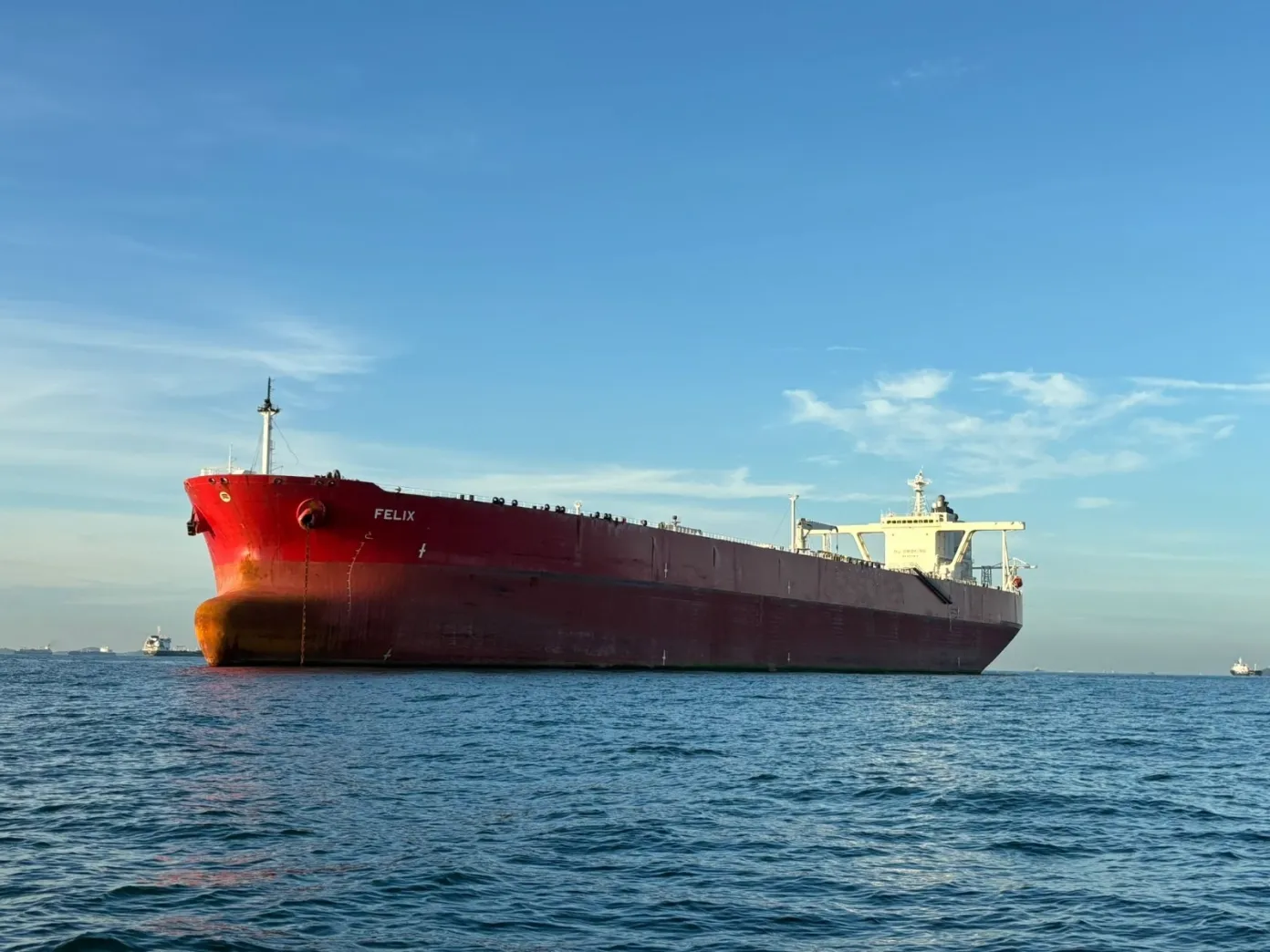Mexico City, 15 August (Argus) — Heavy vehicle sales in Mexico fell by nearly half in July from a year earlier, driven by a slowing economy, policy uncertainty and operational hurdles in freight transport.
Sales of heavy vehicles — trucks and buses — totaled 5,552 units in July, down by 47pc from 10,511 in July 2024, according to statistics agency Inegi data. Within this, wholesale sales saw an even steeper drop, falling by 60pc to 2,175 units in July from 5,452 a year earlier.
The sharper decline in wholesale heavy vehicle sales reflects reduced fleet investment by large logistics and transport operators, which are delaying or scaling back purchases because of uncertainty and higher operating costs, market sources say.
Meanwhile, heavy vehicle production fell by 55pc to 9,690 units from 21,520 in July 2024, Inegi data show. Exports fell by 23pc to 7,890 units in July from 10,290 a year prior.
Heavy vehicle sales from January-July also fell sharply from the previous year. Around 41,000 units were sold in the seven-month period, down by 35pc from 65,000 units in the same period of 2024.
“These results show that we cannot afford to wait to act. It is essential that we work together [with the government] to promote financing and incentives that allow for the renewal of the fleet with more efficient, safer and less polluting vehicles,” said Rogelio Arzate, president of Mexico’s association of truck and buses manufacturers Anpact, underlining the importance to upgrade to a safer, more modern fleet to improve the security of logistics operations, and lower their emissions. Arzate also noted that the import of used heavy vehicles from the US is diminishing demand for new, domestically produced units.
Heavy vehicle demand is a key indicator for logistics-sector activity, which in turn influences demand for diesel and Diesel Exhaust Fluid (DEF), used as an additive to diesel to reduce emissions.
Factors such as a [slowing economy]() because of uncertainty driven by US president Donald Trump’s tariff policy are driving down heavy vehicle sales. Some logistics firms are holding off on investment until there is more clarity on trade negotiations, one DEF marketer said.
Operational challenges also factor into this sentiment. A new US rule requiring “good English proficiency” for Mexican truck drivers crossing the border has complicated cross-border transport, the source said. At the same time, Mexico has stepped up inspections of tank trucks carrying imported fuel into the country.
By Cas Biekmann





